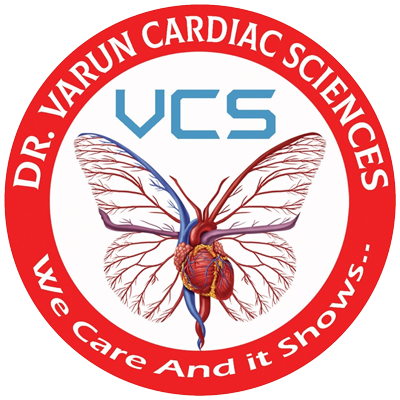In the realm of modern healthcare, interventional cardiology stands as a cornerstone of cardiovascular medicine, revolutionizing treatment options for patients with heart disease. This specialized field combines advanced technology with intricate medical expertise to diagnose and treat cardiovascular conditions using minimally invasive procedures. Let’s delve deeper into what interventional cardiology entails, its techniques, benefits, and its pivotal role in managing heart health.
What is Interventional Cardiology?
Interventional cardiology refers to a branch of cardiology that utilizes catheters (thin, flexible tubes) and other medical devices to perform diagnostic tests and treatments on the heart and blood vessels. Unlike traditional open-heart surgery, which requires large incisions and extended recovery times, interventional cardiology procedures are minimally invasive. They typically involve inserting catheters through blood vessels, usually in the groin or wrist, to access the heart and nearby structures.
What are some common procedures in interventional cardiology?
Angioplasty and Stenting
One of the most frequent interventional cardiology procedures, angioplasty involves inflating a balloon at the site of a narrowed or blocked artery to widen it and improve blood flow. Often, a stent—a small mesh tube—is then placed to keep the artery open, reducing the risk of recurrence
Coronary Stent Placement
Used primarily for coronary artery disease (CAD), stents are tiny mesh tubes inserted into narrowed arteries to help restore blood flow to the heart muscle
Atherectomy
This technique involves removing plaque buildup from blood vessels using specialized catheters equipped with cutting devices or lasers, enhancing blood flow and reducing the risk of heart attacks
Percutaneous Valve Repair or Replacement
In cases of heart valve disease, interventional cardiologists may repair or replace valves using minimally invasive approaches, sparing patients from the need for open-heart surgery.
Closure of Heart Defects
Some congenital heart defects or abnormalities can be corrected using catheter-based techniques, avoiding the need for surgical intervention.
What are the benefits of interventional cardiology?
Interventional cardiology offers several advantages over traditional surgery
Minimally Invasive
Procedures involve smaller incisions, leading to less trauma, reduced pain, and faster recovery times compared to open-heart surgery
Lower Risk
With smaller incisions and fewer complications associated with invasive surgery, interventional procedures carry a lower risk of infection and shorter hospital stays
Personalized Care
Interventional techniques can be tailored to each patient’s unique condition, providing targeted treatment with precision and efficacy.
What is the role of the interventional cardiologist?
Interventional cardiologists are highly specialized physicians who undergo rigorous training beyond general cardiology. They are skilled in interpreting diagnostic tests, performing complex procedures, and coordinating comprehensive care plans with other healthcare providers. Their expertise ensures that patients receive optimal treatment tailored to their specific cardiovascular needs.
In summary, interventional cardiology represents a groundbreaking approach to treating cardiovascular disease, emphasizing minimally invasive procedures that enhance patient outcomes and quality of life. By combining cutting-edge technology with advanced medical expertise, interventional cardiologists continue to redefine the landscape of cardiovascular care, offering hope and healing to patients worldwide.
For those facing cardiovascular challenges, consulting with a qualified interventional cardiologist can provide clarity on treatment options and pave the way towards a healthier heart

